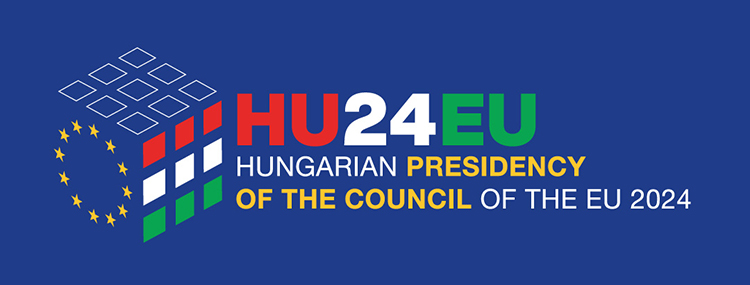 The Hungarian presidency of the Council of the European Union starts on 1 July. In the domain of Justice and Home Affairs, the Hungarian presidency has set out five priorities: the fight against terrorism and organised crime, trafficking and smuggling of human beings, illicit trafficking of cultural goods, environmental crime and cybercrime.
The Hungarian presidency of the Council of the European Union starts on 1 July. In the domain of Justice and Home Affairs, the Hungarian presidency has set out five priorities: the fight against terrorism and organised crime, trafficking and smuggling of human beings, illicit trafficking of cultural goods, environmental crime and cybercrime.
Cybercrime is a rapidly evolving and growing area of criminal activity. Cybercriminals are exploiting the speed and anonymity of the internet to commit a range of criminal acts, including large-scale cyberattacks and the use of malware, phishing and spam. Many of the cases opened at Eurojust, 534 cases in 2023 alone, investigate cybercrime. The Hungarian presidency will focus on the fight against cybercrime, as it is a serious threat to fundamental rights, critical infrastructure and competitiveness. A key objective in this priority area will be ensuring a safe online environment for children.
To strengthen the security of the EU and its citizens, the presidency will focus on the fight against terrorism and organised crime. The Hungarian presidency will strengthen law enforcement and judicial cooperation in the prevention, detection and investigation of smuggling and trafficking of human beings. To combat drug trafficking, the presidency will promote the implementation of the EU Drugs Strategy and Action Plan and the EU Roadmap for combatting drug trafficking and organised crime.
In the field of criminal justice cooperation, the presidency will continue to prioritise victim support and the fight against corruption. In 2023, Eurojust helped deliver justice to more than 375 000 victims of all forms of serious, cross-border crime. Through a dedicated working group, Eurojust ensures that victim rights are protected in cross-border criminal proceedings.
To enhance digitalisation in judicial cooperation, the presidency will explore possibilities for the use of AI in the justice sector, following the adoption of the AI Act. Since December 2018, Eurojust has been actively working on enhancing digitalisation in Eurojust and the wider European judicial community. The Digital Criminal Justice Programme is working on several enhancements for judicial cooperation, such as the modernisation of the case management system used by national authorities for all of Eurojust’s cross-border cases.
To mark the start of the Hungarian presidency, fine art from a contemporary Hungarian artist will be displayed at Eurojust. This is part of the tradition whereby the country that holds the rotating Presidency of the Council of the EU has the opportunity to display selected artwork in the lobby and on public floors.
